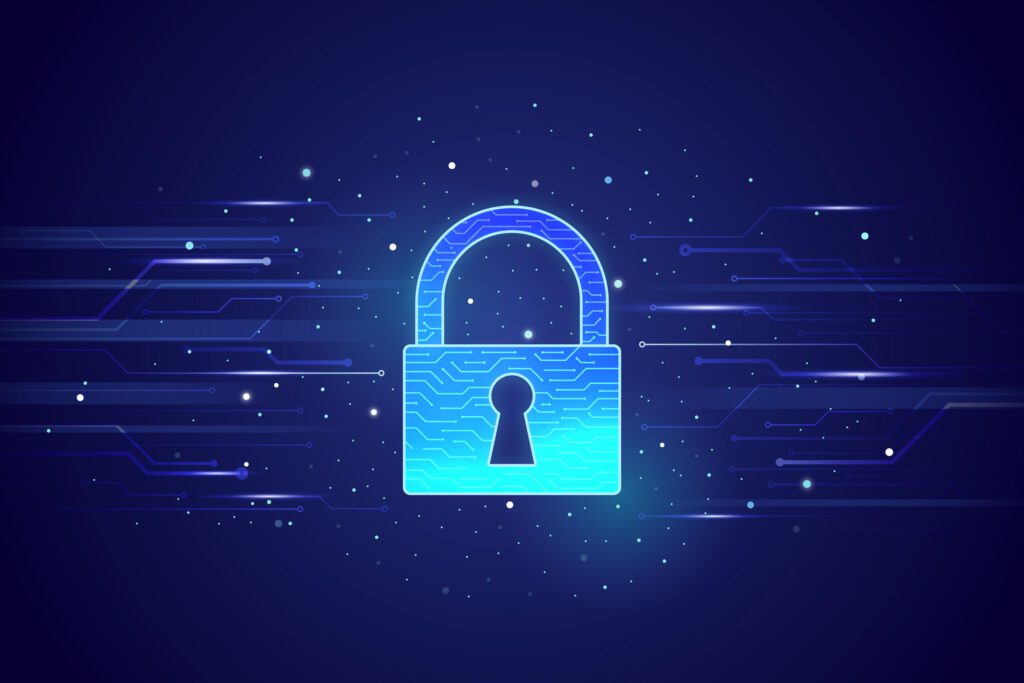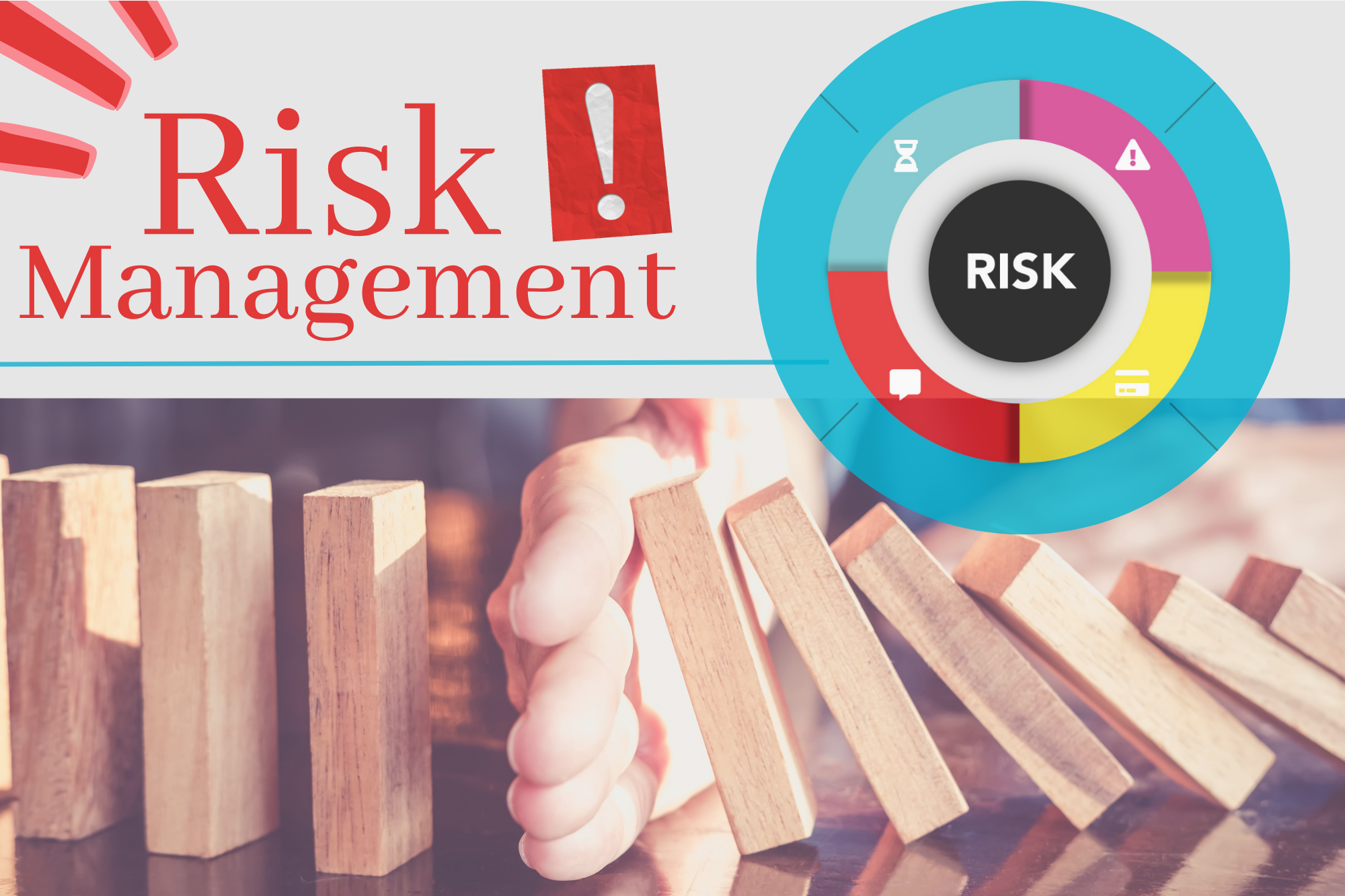Digital Forensics and Information Security
Two related fields that deal with securing and examining computer networks and systems are digital forensics and information security.
Information security protects data and information systems against unauthorized use, disclosure, disruption, modification, and destruction. Security measures like firewalls, antivirus software, access controls, and encryption may be implemented to do this.
Digital forensics examines digital devices and networks to collect evidence. It involves locating the digital footprints left by hackers or other malicious actors, retrieving deleted files, investigating network traffic, etc.
How to make a career in Digital Forensics and Information Security?
You can follow these steps to pursue a career in digital forensics and information security:
Education
To lay the groundwork for a career in this field, you can earn a bachelor’s degree in computer science, computer engineering, or information technology.
Obtain experience
In this field, acquiring real-world experience is essential. Consider internships, entry-level jobs, or volunteer opportunities to develop your skills and gain practical experience.
Improve your technical abilities
You’ll need to improve your technical abilities in programming, digital forensics, and computer and network security.
Become licensed
Prove your expertise to employers by obtaining industry-recognized certifications like Certified Information Systems Security Professional (CISSP), Certified Information Systems Auditor (CISA), or Certified Ethical Hacker (CEH).
Degrees in Digital Forensics and Information Security
Bachelor of Science in Digital Forensic and Information Security
This undergraduate degree program lasts four years and gives students a thorough understanding of recognizing, evaluating, and stopping cybercrime.
Master of Science in Digital Forensics and Information Security
This program expands on the fundamental knowledge and abilities acquired in a bachelor’s program. Normally, two years are needed to finish the program.
M.Phil in Information Security and Digital Forensics
The program emphasizes developing students’ research abilities and knowledge in information security and digital forensics. Normal completion times for this program are between one and two years.
Ph.D. in Digital Forensics and Information Security
This research-focused program prepares students to conduct original research and advance knowledge in digital forensics and information security. Normal completion times for the program are four to six years.
Jobs in Digital Forensics and Information Security
In these fields, the following are some typical job titles:
- Digital forensic analyst: examines digital evidence to spot cybercrimes, investigates them, and offers expert testimony in court.
- Information security analyst: This position entails monitoring and evaluating an organization’s computer networks and systems to prevent security breaches.
- Cybersecurity Consultant: provides organizations professional advice and direction on safeguarding their networks and systems against cyberattacks.
- Incident Response Analyst: This role involves promptly investigating and addressing security incidents while devising and implementing plans to prevent future occurrences.
- Information security manager: This position is responsible for leading a group of security experts and supervising an organization’s security strategy.
- Cryptographer: creates and uses cryptographic protocols and algorithms to ensure secure data storage and communication.
- Penetration test: In this role, one performs simulated cyberattacks on company systems to identify and address vulnerabilities, strengthening defenses against real-world attacks.
- Digital forensic researchers: conduct original studies in the discipline to create cutting-edge methods and tools for examining digital evidence.
- Chief Information Security Officer (CISO): This position entails high-level management of a team of security experts while overseeing an organization’s overall information security strategy.
How will a career in Digital Forensics and Information Security be beneficial shortly?
The need for experts in these fields will only increase as our world becomes increasingly digital. Businesses and organizations need experts who can spot security breaches and cyberattacks and prevent them as cyber threats increase.
Moreover, the rapid expansion of the Internet of Things (IoT), cloud computing, and other technologies introduces new challenges in safeguarding data and systems. Hence, a digital forensics and information security career is demanding yet rewarding. It provides job security, growth prospects, and the ability to make a real impact safeguarding businesses’ and individuals’ information and assets.



